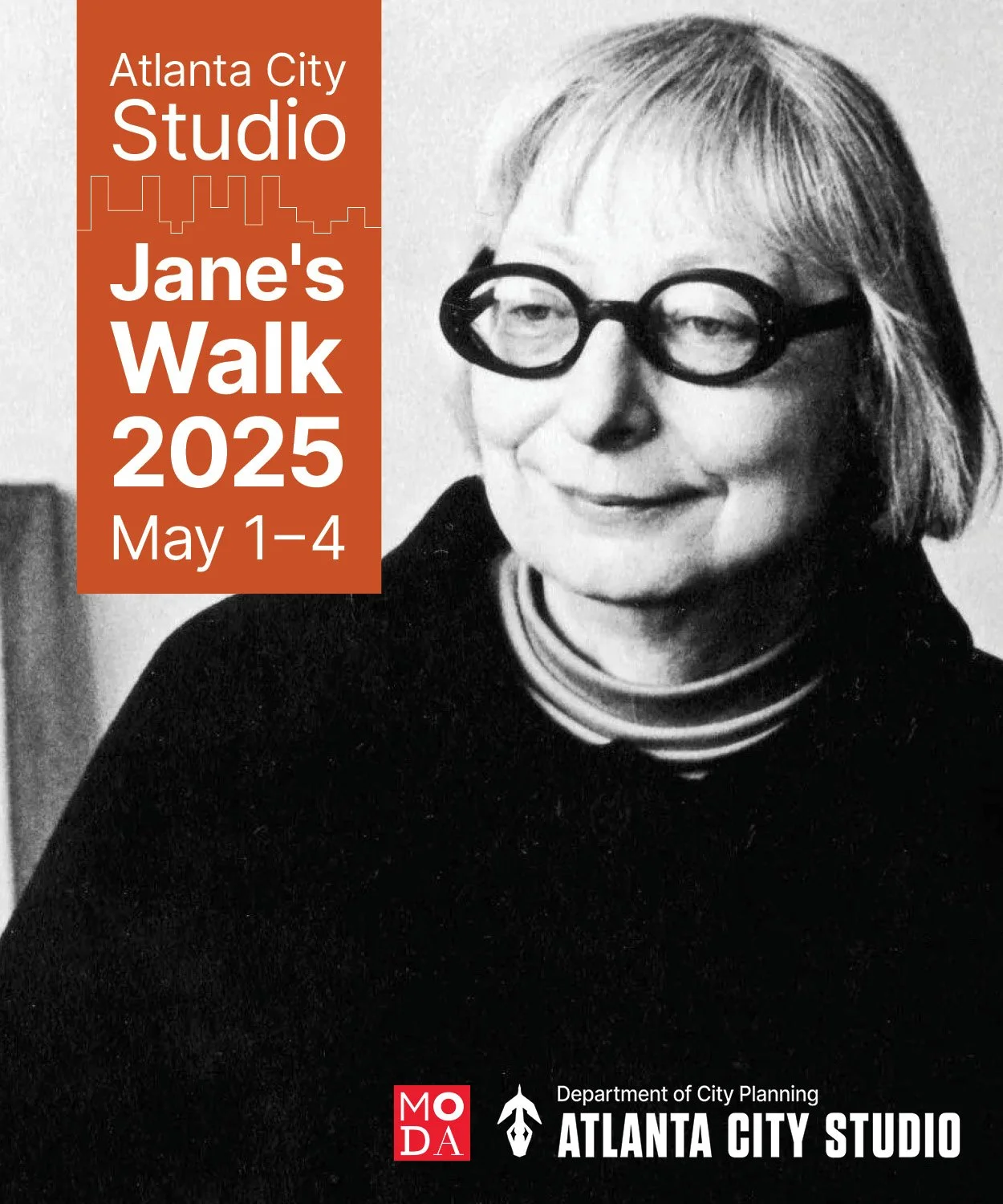Led by the Department of City Planning, the Future Places Project is taking a close look at Atlanta’s historic preservation guidelines, which were developed nearly 30 years ago. Gathering input from residents, advocacy groups, lawmakers, land surveys and existing documentation, the project will re-evaluate and give structure to the City’s historic preservation guidelines to ensure that Atlanta can support historic preservation for the next 30 years and beyond.
The Future Places Project consists of six components, which will help shape the City’s historic preservation efforts in the future.
Engagement of residents, property owners, advocates, and people who are new to the conversation.
Comparison of ourselves to other cities and places.
Collection of information, maps about what we know and what we learn, and completion of some field survey work.
Study of historic places in the City’s parks.
Creation of a “Story of Atlanta.”
Design of a road map for what lies ahead.
This initiative launched in September with a two-part kick-off meeting at the Atlanta City Studio highlighting the goal of this effort and the first round of public meetings concluded in October. Attendees at these forums had the chance to share their thoughts on historic preservation through participation in a variety of exercises including the following activities:
Atlanta Myths
What are other cities doing?
Historic Preservation Survey
What fits best? (Infill housing demonstration)
Review of the City of Atlanta’s Historic Parks and a Mapping of Atlanta’s History
A survey on the project is also currently open. A little over 500 people have completed the Future Places Project survey to date. Preliminary results show that while there are varying degrees of understanding around the topic of preservation, about 86% of respondents find historical places valuable and 47% feel a physical connection to the past would be lost if historic places were not protected. Of places ranked as important, archaeological sites and cemeteries are the top two out of three choices. Pre-1860 was identified as the most important time period, followed by the 50s-70s and the Civil War era. However, social activism & protest movements, along with discrimination and segregation were elevated as most critical topics. We are excited about these results and look forward to a full analysis following additional input through surveys and other public forums.
We continue to schedule additional pop ups at varying events around the city and welcome invites to engage smaller groups in the initiative throughout the remainder of this year.
There is also an opportunity to view information and take the survey on our project page: http://bit.ly/FuturePlacesProject




